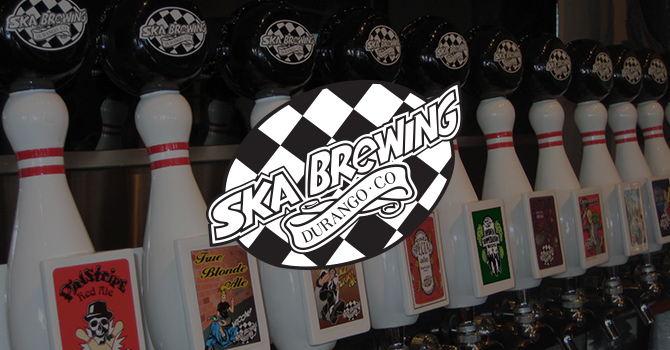
The craft brewery where the brut IPA trend started in 2018 shuttered with little warning over the weekend.
San Francisco brewpub Social Kitchen and Brewery announced it would close its doors last weekend, citing lease issues.
“It is with the heaviest of hearts that I am announcing that this Saturday, March 7th will be the final day of service here at Social Kitchen and Brewery,” a Facebook post read. “Ownership and the landlord were unable to agree upon a new lease and we are all suffering right now.”
Rent in San Francisco ranks the highest in the world, according to financial information platform WalletWyse. Neighboring San Jose, Berkeley and Oakland, California, were among the world’s six most expensive cities.
Social is perhaps best known outside the Bay Area for its then-brewmaster Kim Sturdavant’s pioneering of the brut IPA style. Sturdavant, who is now the head brewer for Bay Area-based Woods Beer Company, got the idea to use amyloglucosidase, an enzyme that breaks down otherwise unfermentable sugars, to decrease residual sugars in traditional IPAs even more. The style gained national buzz in late 2018 as juicy, malty New England-style IPAs marched to dominance.
The brewpub, which opened in 2010, was located in San Francisco’s Inner Sunset neighborhood. It produced 959 barrels in 2018, the most recent year for which Brewers Association data is available.
In 2015 and 2017, Social’s Mr. Kite’s Pale Ale won the gold medal in the Classic English-Style Pale Ale category at the Great American Beer Festival.
The brewpub hosted a party on its last night with pints discounted to $3 from their normal $7-$9 price points. Head brewer Sean Halpin told Hoodline that the decision to close was made two nights before the farewell party.
“We want to show appreciation to the neighborhood and everyone who supported us over the years, and just make it a positive thing,” Halpin told Hoodline.

Massachusetts-Based Backlash Beer Begins Contract Brewing
On the East Coast, Massachusetts-based Backlash Beer announced it has begun contract brewing at Newburyport, Massachusetts-based Riverwalk Brewing Company. Backlash moved out of its Boston brewery and taproom in late 2019. Its landlord had been advertising the space for rent since the summer.
“We’ve been pretty quiet here while we transitioned away from the taproom and back to contract brewing, but we’re thrilled to share that we’ve been partnering with @RiverwalkBreiwng to get up and running,” Backlash posted to Instagram.
Backlash’s offerings are available on tap at several on-premise accounts, including Boston’s Time Out Market food hall, the post said.
“Thank you all for the support during our transition, it truly means the world to us,” the post said.

Ska Brewing and Left Hand Brewing Opening Satellite Taprooms
In Boulder, Colorado, Ska Brewing’s Ska Street Brewstillery, its combined tasting room and restaurant with sister brand Peach Street Distilling, is slated to open March 16, according to a press release.
Ska Street occupies the former Fate Brewing space, which that company vacated after filing for bankruptcy in May 2019. The Boulder outpost has a 10-barrel brewhouse and will offer Ska’s flagships, experimental beers and Peach Street’s whiskey, gin and vodka.
Ska is based in Durango, Colorado, in the state’s southwest corner, so the Boulder location will provide access to limited-release offerings to drinkers in the Boulder market.
Meanwhile, Left Hand Brewing, headquartered in Longmont, Colorado, plans to open a taproom in Denver’s Curtis Park neighborhood, according to a report in Westword.
Left Hand plans to take over the space brewpub Liberati Restaurant and Brewery exited last week. Plans for another Left Hand taproom in Cincinnati, Ohio, are underway, according to Westword.
Both Ska, founded in 1995, and Left Hand, founded in 1993, are elders in the Colorado craft beer industry. The pivot to more own-premise outlets provides them with paths to increase volume and introduce their products to new drinkers, which is necessary as volume shrinks.
In 2019, Ska’s volume declined about 6%, to 29,000 barrels, co-founder and president Dave Thibodeau said. For Left Hand, production has declined the past three years. In 2018, the most recent year for which BA data is available, the company’s volume declined 8%, to 63,908 barrels.
